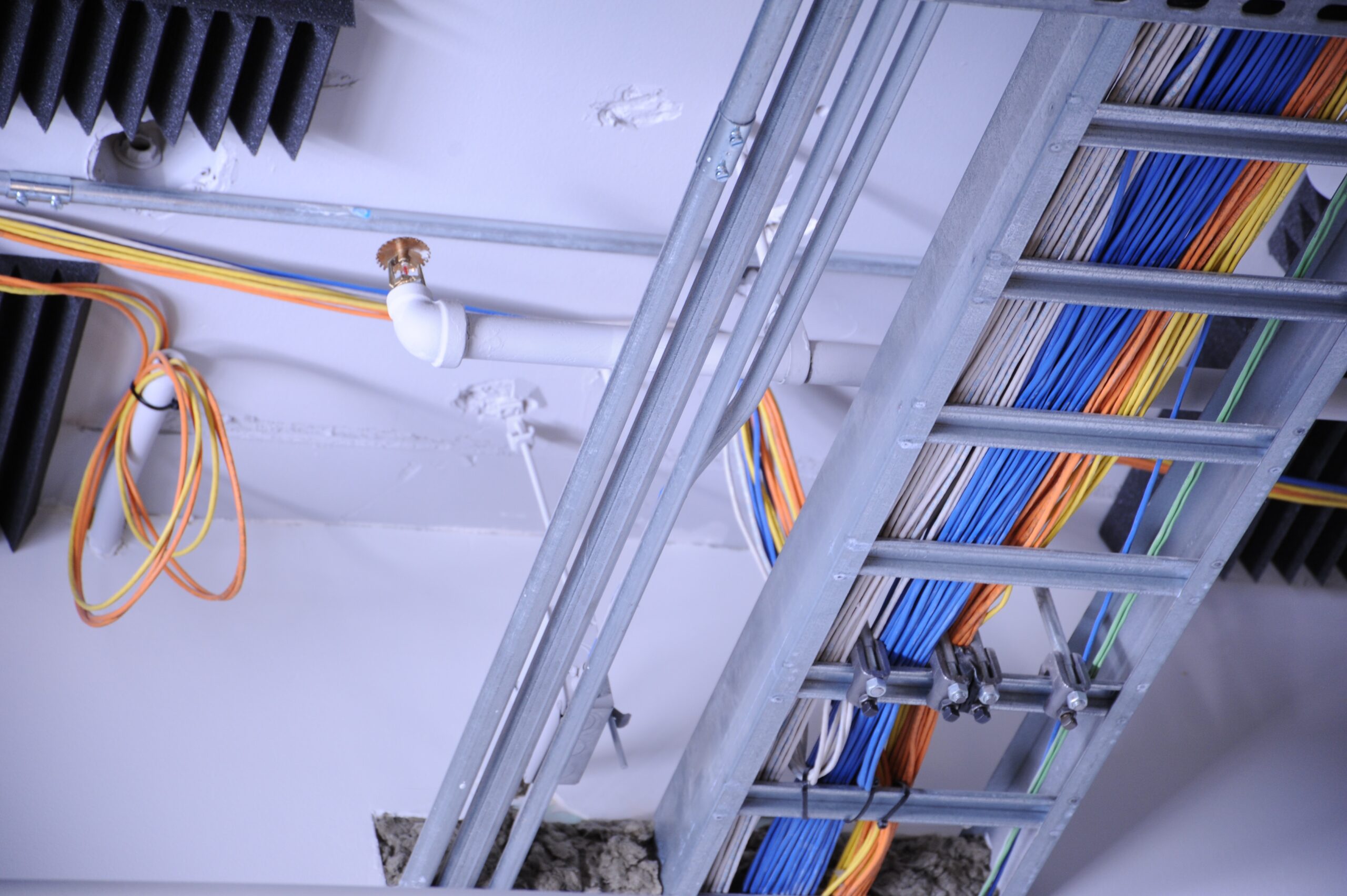Introduction
When it comes to construction and electrical wiring, choosing the right cable is crucial. One reliable option that is widely used in these applications is the UL THW PVC jacket cable. This cable is known for its durability, flexibility, and excellent electrical properties.
Benefits of UL THW PVC Jacket Cable
1. Durability: The UL THW PVC jacket cable is designed to withstand harsh environmental conditions, making it ideal for both indoor and outdoor applications. Its PVC jacket provides protection against moisture, chemicals, and abrasion.
2. Flexibility: This cable is highly flexible, allowing for easy installation in tight spaces. It can be bent and twisted without the risk of damaging the conductors or the insulation.
3. Excellent Electrical Properties: The UL THW PVC jacket cable has excellent electrical conductivity, ensuring efficient power transmission. It can handle high voltage and current loads without overheating or voltage drop.
Applications
The UL THW PVC jacket cable is commonly used in various construction and electrical wiring projects, including:
- Residential buildings
- Commercial buildings
- Industrial facilities
- Power distribution systems
- Outdoor lighting
- HVAC systems
Conclusion
When it comes to construction and electrical wiring, the UL THW PVC jacket cable is a reliable solution. Its durability, flexibility, and excellent electrical properties make it a popular choice for a wide range of applications. Whether you are working on a residential, commercial, or industrial project, this cable can meet your needs and ensure safe and efficient power transmission.




